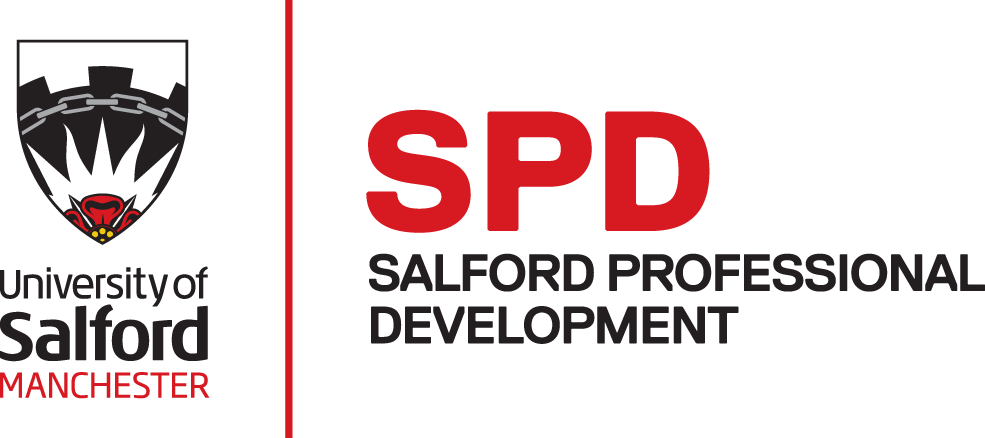What Makes a Great Director?
What Makes a Great Director?
The position of a director involves a senior-level responsibility and supervision of business operations, establishing the company’s core visions and objectives. Directors are responsible for overseeing the company’s overall performance and ensuring that day-to-day management aligns with both legal requirements and corporate objectives. They hold an authoritative role as leaders, often making crucial decisions regarding significant company shifts.
Communication
An exceptional director possesses the ability to effectively communicate the overall vision and values of the organisation to their team. Given the demands of their role, directors must engage in clear and articulate communication during significant meetings with board members and business partners, making their confidence in presenting ideas a vital skill. A highly effective director stands out for their exceptional communication skills, particularly in conveying the organisations overall vision and core values to their team. This pivotal aspect of their role ensures that everyone within the company is aligned with the broader objectives and understands how their individual efforts contribute to the collective success.
Moreover, the responsibilities of a director extend beyond internal communication. They are required to engage in crucial interactions with board members and business partners during significant meetings. In such high-stake scenarios, the director’s ability to articulate with clarity and confidence becomes paramount. These interactions often include presenting strategic plans, discussing financial matters, and addressing critical business decisions. As the driving force behind the company’s strategic direction, a director’s capacity to present ideas in a compelling manner can influence outcomes, garner support, and foster collaborative relationships with key stakeholders.
Leadership
Being a director is synonymous with excelling as a leader, as a good leader can lead a team, delegate tasks, initiate and plan for effective and clear implementation strategies. There are many different styles of leadership including transactional, transformational, entrepreneurial and servant. To find out the top five leadership skills all organisations need - click here
Written Skills
Having exceptional writing skills is crucial to being a director including to document the company’s missions and values, present presentations, and structure important business emails. According to the Corporate British Council, working professionals spend around 28% of their working week replying to emails alone. This highlights the level of written ability that would be needed for a directorial role and its prominence. They frequently prepare reports, proposals and other documents that demand precision, coherence, and a persuasive tone. A well-crafted document can effectively convey complex information, supporting the director’s role in shaping decisions and driving progress.
Analytic Skills
Having expansive analytical and critical thinking skills is important in many roles, but for a director this can be important when looking to find solutions to issues and outline action plans to resolve these. With organisations consistently relying on data and analytics, a skilled director needs to be highly knowledgeable on the various analytical processes In order to make well-informed decisions on the future of the company.
Empathy
Empathy can be described as the ability to recognize, understand, and share thoughts and feelings of another person, animal or fictional character. For directors, it can correlate to understanding the team’s needs and being able to listen to and recognize other perspectives and opinions. With over a third of UK employees quitting their job in 2021 due to toxic workplace culture (Breathe Culture Economy 2021) directors must be empathetic to the needs of their team and the wider business to prevent issues with the workplace environment. By showing empathy can also be recognizing when employees work well, and trying to understand the root of the issue when they fail to meet targets. Cultivating an environment where the workplace actively listens, shows compassion and support one another is incredibly important in fostering overall success as a business.
The Director Development Academy offers a suite of modular programmes which enable high-level directors to understand concepts associated with the practice of directorship in organisations. Delegates will reflect on their own psychology, leadership skills, appreciation of and skill sets around strategic analysis and implementation, and their stewardship roles as corporate governors. To find out click below


